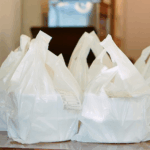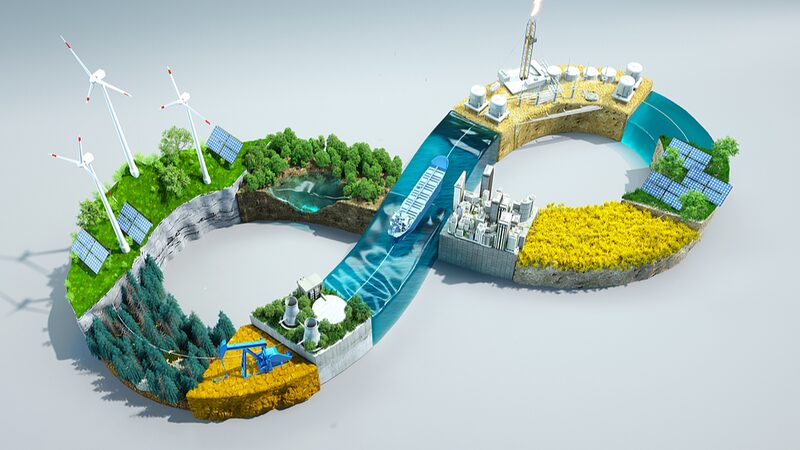Move over, recycling bins—there’s a new player in the fight against plastic pollution, and it’s tinier than you think! 🐛 Scientists at Kenya’s International Center of Insect Physiology and Ecology (ICIPE) have discovered that lesser mealworms, the larvae of darkling beetles, can munch through plastic waste, offering a potential breakthrough for our planet’s growing pollution crisis.
Here’s the buzz: These mealworms, native to Africa and scientifically known as Alphitobius, have a secret weapon in their gut—a mix of bacteria that helps them digest polystyrene, a common microplastic found in everything from food containers to insulation. 🧪✨ Lead researcher Fathiya Khamis called this discovery a game-changer, especially as Africa faces rising single-use plastic pollution despite producing just 5% of global plastic waste.
🌱 Why does this matter? Plastic-eating bugs could supercharge bioremediation, using nature’s own tools to clean up contaminated ecosystems. Plus, mealworms are already part of sustainable food systems as protein-rich snacks. Talk about multitasking! 📦➡️🍴
But wait—there’s more to unpack. Researchers are now studying whether these worms actually benefit nutritionally from eating Styrofoam (yes, the stuff in coffee cups!). If proven, this could revolutionize how we tackle plastic waste while supporting circular economies. 🔄
ICIPE Director-General Abdou Tenkouano summed it up: “Harnessing mealworms could solve two problems at once—pollution and food security.” 🌍💡 Let’s just hope these tiny critters have a big appetite!
Reference(s):
Scientists find lesser mealworm's potential to combat plastic waste
cgtn.com



